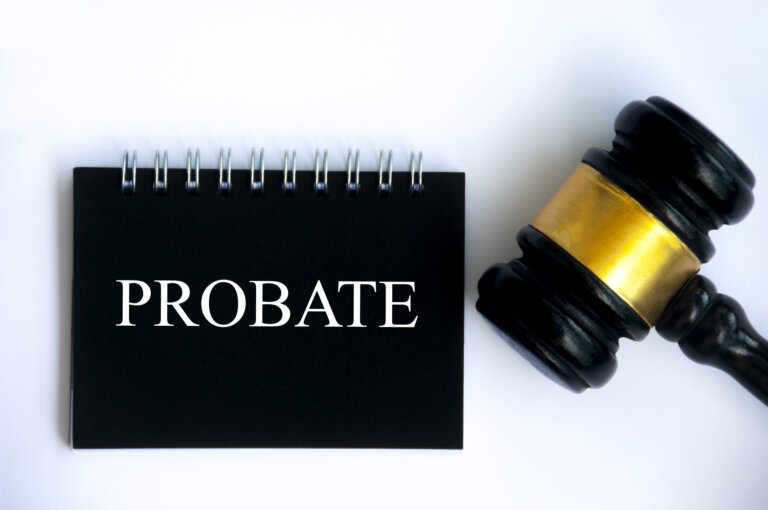Importance of Estate Planning in Texas
Estate planning is a crucial process that allows individuals to determine how their assets will be distributed after their death. In Texas, having a well-structured estate plan can prevent family disputes, reduce taxes, and ensure that your wishes are honored.
For example, creating a will or a trust can help clarify your intentions regarding property distribution, guardianship of minor children, and healthcare decisions. Without proper planning, your estate may be subject to intestacy laws, which might not align with your personal wishes.
Common Misconceptions About Wills
Many people hold misconceptions about wills that can lead to poor estate planning decisions. One common myth is that only wealthy individuals need a will, but in reality, anyone with assets should have a will to ensure their wishes are respected.
Additionally, some believe that having a will avoids probate entirely; however, wills must go through probate court, which can be a lengthy and costly process. Understanding these misconceptions can help individuals make informed decisions regarding their estate planning.
Executor Responsibilities and Challenges
The role of an executor is critical in the probate process, as they are responsible for managing the deceased’s estate and ensuring that their wishes are fulfilled. This includes gathering assets, paying debts, and distributing the remaining property to beneficiaries.
However, executors often face challenges such as dealing with family disputes, managing estate taxes, and navigating complex legal requirements. It’s essential for executors to understand their responsibilities and seek legal guidance to effectively manage these challenges.
Alternatives to Traditional Probate
While probate is a common process for settling an estate, there are alternatives that can simplify the distribution of assets. Options such as living trusts, joint ownership, and payable-on-death accounts can help bypass the probate process.
These alternatives not only save time and money but also provide privacy since they do not become part of the public record. Understanding these options can empower individuals to choose the best method for their estate planning needs.

